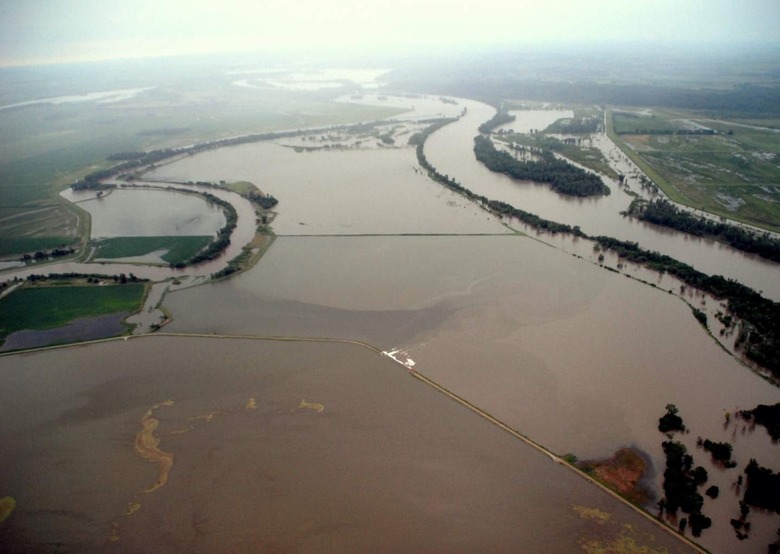UN Climate Change Report Issues Dire Warning And A Shocking Timeline
The opportunity to slow climate change, cut rapid global warming, and avoid even more disastrous floods, droughts, and fires around the world is rapidly closing, scientists have warned, with a dire new IPCC report putting Earth on notice. Published by the Intergovernmental Panel on Climate Change (IPCC) today, the report details "unprecedented" impact on our climate, and cautions that humanity is on the brink of effectively irreversible peril.
"The report shows that emissions of greenhouse gases from human activities are responsible for approximately 1.1 degrees Celsius of warming since 1850-1900, and finds that averaged over the next 20 years, global temperature is expected to reach or exceed 1.5 degrees Celsius of warming," the IPCC said today. "This assessment is based on improved observational datasets to assess historical warming, as well progress in scientific understanding of the response of the climate system to human-caused greenhouse gas emissions."
While they may not sound like huge numbers, the temperature increases would have a massive impact on multiple factors of life. A 1.5 degrees Celsius increase would be sufficient to provoke more significant heat waves, increase the length of warm seasons, and curtail cold seasons. 2 degrees of increase, meanwhile, would mean heat extremes that "would more often reach critical tolerance thresholds for agriculture and health."
Water balance would be upended, with heavier rainfall and a greater risk of flooding in some areas, while others sustained extended drought. Sea levels are expected to rise, with the likelihood of "once in a century" extreme flooding becoming an annual occurrence by the end of the century.
It's the sixth assessment report by the IPCC, authored by 234 different people from 66 countries, as a collaborative summary, warning, and in some cases to-do list about climate change. The IPCC is the United Nations body for assessing climate change related science, and was established in 1988 to give guidance to politicians around the world about the way climate and other factors are developing.
This time around, the report is arguable more pessimistic. As well as asserting that it is "unequivocal" that the current climate disaster is human-caused, some of the changes are effectively irreversible, the scientists conclude. Faster-than-predicted temperature increases are key to that, with untempered greenhouse gas emissions blamed for the surge.

Even if that was addressed immediately, the IPCC says, Earth would likely still pass the 1.5 degree Celsius point. That's the threshold which was decided as part of the Paris Agreement where Earth could avoid the most intense extreme weather, and worse. Beyond that mark, what would currently be considered catastrophic rarities – such as the Gulf Stream crisis detailed last week – become far more likely.
"Many of the changes observed in the climate are unprecedented in thousands, if not hundreds of thousands of years," the IPCC highlights, "and some of the changes already set in motion – such as continued sea level rise – are irreversible over hundreds to thousands of years."
Were "strong and sustained reductions" in carbon dioxide emissions and other greenhouse gases implemented, climate change could be limited the report suggests. All the same, it could be two to three decades before global temperatures stabilize, "This report is a reality check," Calérie Masson-Delmotte, IPCC Working Group I Co-Chair, says.
